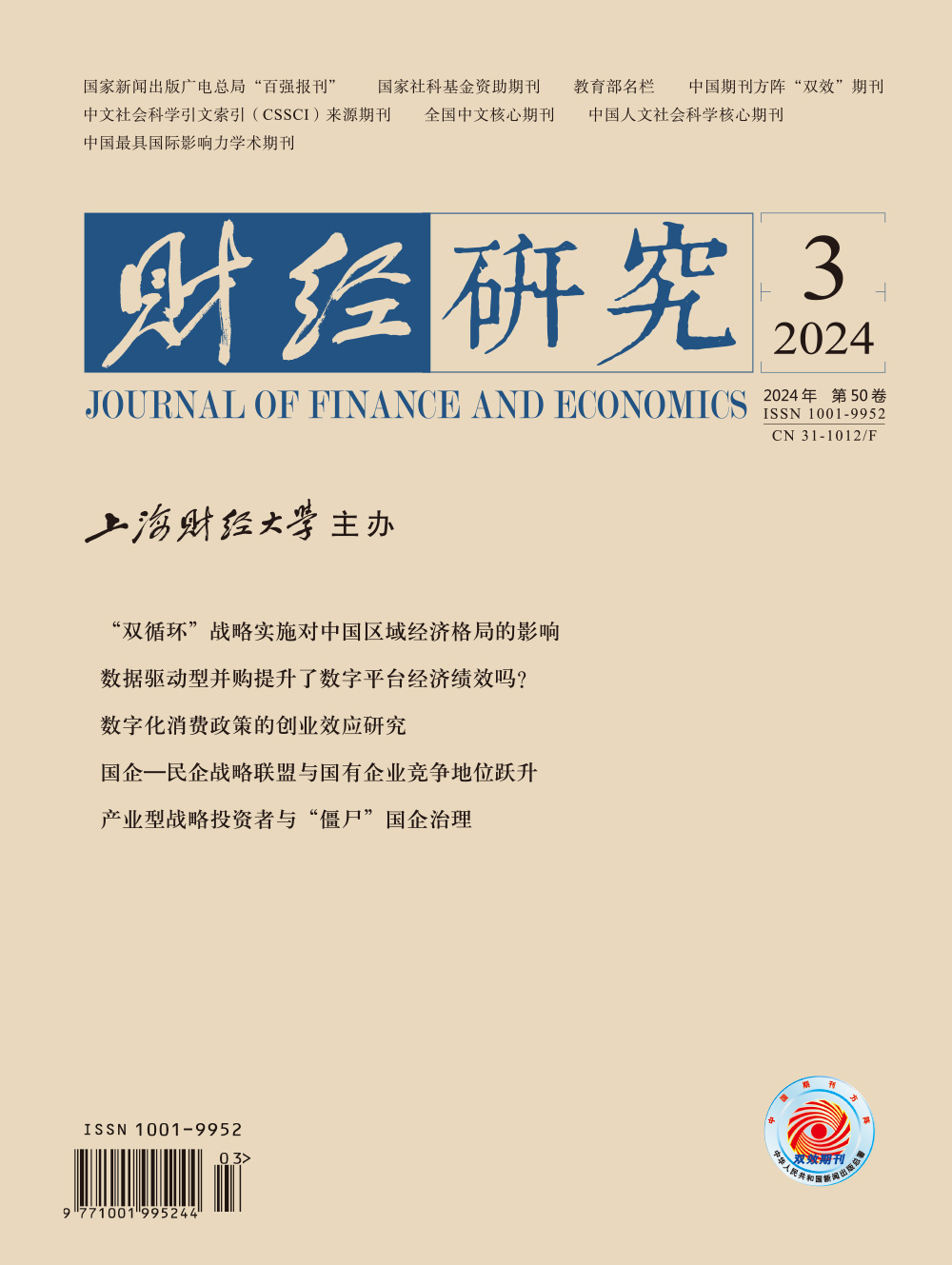In January 2022, the Supreme People’s Court of China abolished the administrative procedural prerequisite for hearing civil cases of falsified statements by listed companies (hereafter, the Regulation). Compared to the judicial interpretation in 2003, the Regulation allows investors to bypass administrative procedures and directly file civil lawsuits against companies suspected of falsified statements. The event has research value in two ways: First, the cancelation of the procedural prerequisite potentially enhances market participants’ incentives to identify potential litigation targets. By examining the stock market reaction, the impact of the procedural prerequisite on the scope of civil litigation deterrence can be tested. Second, given the changes already made by the revised Securities Law in 2020, it is possible to evaluate whether this singular judicial reform, i.e., the Regulation, has a significant incremental effect compared to the existing legislation.
This paper first constructs a Logit model of falsified statements, and then identifies companies that have high potential for falsified statements but have not previously been penalized administratively as the treatment group. The results show that, compared to the control group with low propensities for falsified statements and no administrative penalties, the treatment group suffers a significant negative market reaction near the announcement date of the Regulation. However, the market reaction of placebo companies that have been administratively penalized within the past three years does not significantly differ from that of the control group. The placebo test reveals that the treatment group identified in the main test does not undergo a significant stock market reaction in the window near the implementation date of the revised Securities Law. This paper also conducts additional analyses: (1) It tests our underlying assumption that the willingness of investors to file a lawsuit is enhanced. (2) It tests the mechanism behind the market reaction. (3) It excludes alternative explanations.
This paper contributes to understanding the roles of public versus private enforcement in shaping a high-quality financial market. The findings suggest that the abolition of the procedural prerequisite of public enforcement can unleash the potential of investors to monitor falsified statements, thereby enhancing the effectiveness of private enforcement. This paper also has significant implications for judicial reform and investor protection in the capital market. Finally, further study is warranted about how the judicial system responds to civil litigation in cases where falsified statements have not yet been adjudicated administratively or criminally, and how to achieve synergy between private and public enforcement.





 1867
1867  2549
2549

